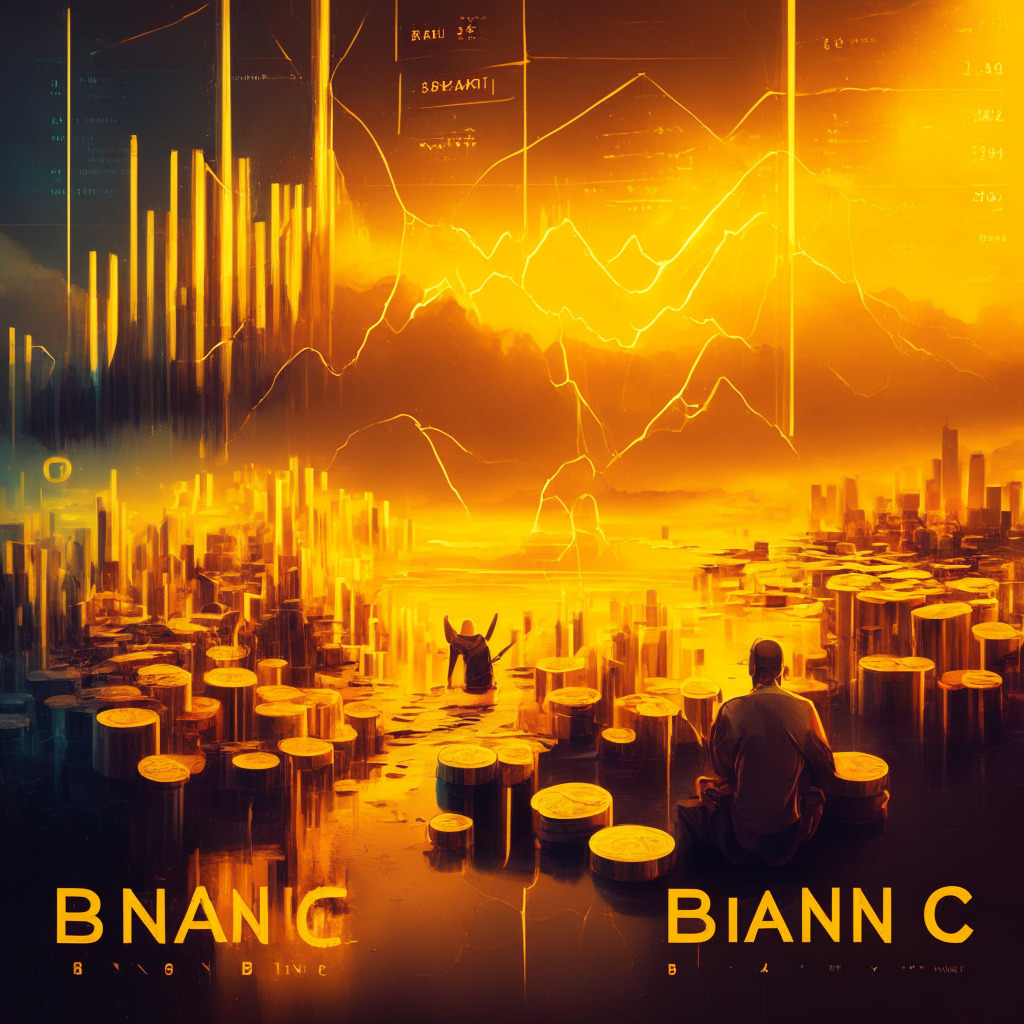The world of blockchain and cryptocurrency is evolving at a rapid pace, and with this growth comes numerous opportunities and challenges. It’s imperative to stay informed and expand our understanding of the technology, markets, and safety. Let’s take a closer look at the evolution of blockchain and its impact on our world.
Blockchain technology is a decentralized, transparent, and incorruptible digital ledger that is transforming industries by enabling secure and efficient transactions. It is at the foundation of cryptocurrencies like Bitcoin and Ethereum. Decentralization allows for increased trust and autonomy, as no single entity controls the system. This quality makes blockchain attractive for businesses and various sectors, such as financial services, supply chain, and healthcare.
Proponents argue that this innovative technology could ultimately reshape the way organizations and governments function. Decentralized finance (DeFi) platforms have gained significant traction by offering various financial services without the need for centralized intermediaries like banks. Binance and UniSwap are just examples of decentralized exchanges that enable users to trade cryptocurrencies directly with one another, eliminating third-party fees and risks associated with centralized exchanges.
Blockchain technology can also enhance security and transparency, making fraud and corruption increasingly difficult. It has exciting potential in various fields such as voting systems, property ownership, and supply chain management. This technology could revolutionize how data is stored and shared, potentially leading to improved efficiency, cost savings, and environmental benefits.
However, one can’t overlook the potential risks and limitations of such a rapidly-evolving technology. The cryptocurrency market has become highly volatile and speculative, leading to significant fluctuations in value. Consequently, many are concerned about the financial stability and potential impact on the global economy. Furthermore, regulatory concerns have been raised as governments scramble to understand and control the technology to mitigate potential risks.
Moreover, the energy consumption of blockchain technology, especially Bitcoin mining, has alarmed environmentalists. While some argue that blockchain can lead to reduced energy consumption in various sectors, concerns regarding its ecological impact remain. For those looking to invest in cryptocurrencies or adopt the technology for business purposes, evaluating the ecological implications would be a prudent decision.
While the technology has shown tremendous potential, skeptics argue that blockchain is still in its infancy, and scaling issues persist. Solutions like sharding and layer 2 technologies such as the Lightning Network are being explored to address these scalability concerns, but as with any technology, only time will tell how effectively these problems will be resolved.
In conclusion, blockchain technology presents both significant opportunities and challenges. As the technology continues to advance and mature, it is critical for individuals and organizations to remain informed about its potential applications, benefits, and risks. While many believe the future is bright for blockchain, navigating its potential pitfalls and discovering the most effective implementations will be crucial in harnessing the technology’s full potential. Only through informed and responsible adoption can we secure the most promising future for blockchain and its applications.
Source: Coingape




